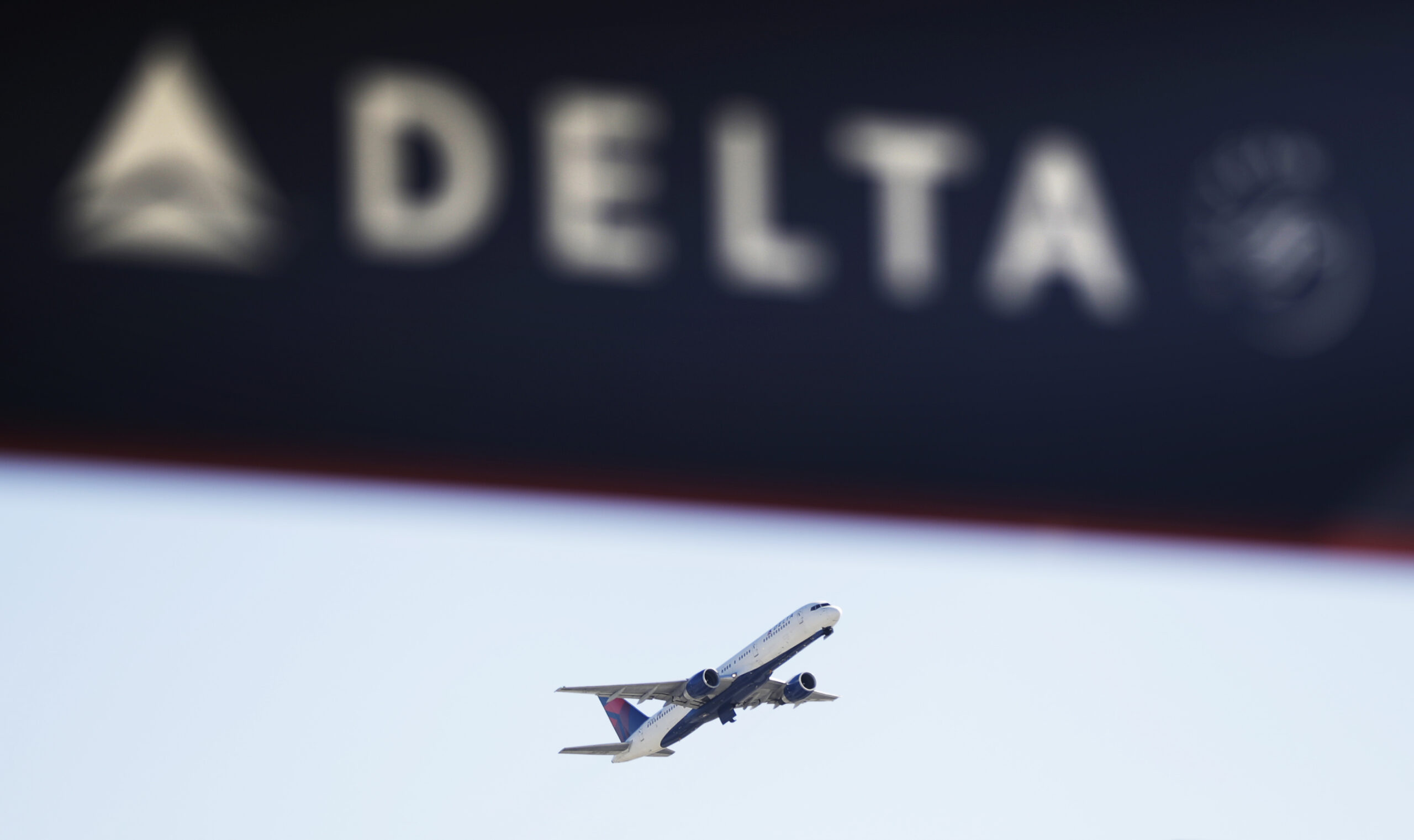Delta Fuel Tax Break Moves Through General Assembly

The tax break was originally put in place when Delta was in financial trouble 13 years ago.
David Goldman / Associated Press
The Georgia House of Representatives voted to extend a fuel tax break for airlines like Delta through 2039 on Tuesday.
Rep. Dominic LaRiccia, a floor leader for Gov. Brian Kemp, said the tax break has been key to maintaining Georgia’s business-friendly status.
“It allows us to continue to prosper and they have been a part of that success,” he said.
Without the tax break Georgia isn’t competing as well as with other states, according to Delta Chief Executive Ed Bastian
“Georgia has one of the highest jet fuel taxes in the country as a state. And that’s just not a sound policy that tries to attract more growth and more business,” he said in a recent interview.
“We’re in a competitive marketplace and you know all the states that are around us all have much lower jet fuel taxes than the state of Georgia so it encourages companies to launch flights–including Delta–of Georgia. And we don’t think that’s a good policy.”
The tax break was originally put in place when Delta was in financial trouble 13 years ago.
Last year, former Lt. Gov. Casey Cagle undermined it in retaliation, after Delta broke an agreement with the National Rifle Association. Former Gov. Nathan Deal then reinstated the tax break by executive order.
The Clayton County School District has also been involved along the way. One-fifth of its budget relied on those dollars and, last year, Delta and the state of Georgia gave the district money to make up for the loss through December 2019.
Upon Tuesday’s news Clayton County Superintendent Morcease Beasley said, “We are hopeful that Delta will continue to support the students of Clayton County Public Schools given the millions it will now save well beyond December 2019 due to this legislative action.”
Beasley said the district wants to continue to work with “legislators, Delta, and others to balance the competing priorities of economic development through tax breaks and that of ensuring sufficient resources are provided for educating all of our children.”
The bill also adds a half-cent excise tax on fuel to provide funding for Georgia’s rural airports. LaRiccia said that would free up about $3.5 to 5 million to put up for those airports to qualify for programs with a federal funding match component.
“It will go out to general aviation airports and more specifically out to rural airports that desperately need a consistent revenue stream that we can continue to provide that help for,” he said.
After passing 140-25, it now has to make it through the Georgia Senate.








